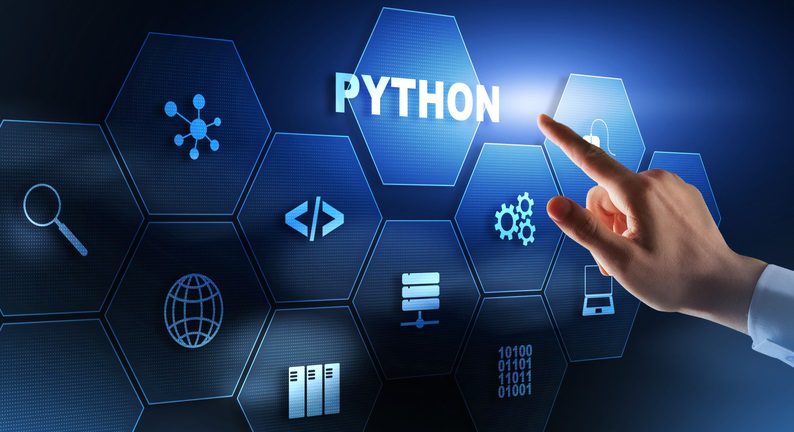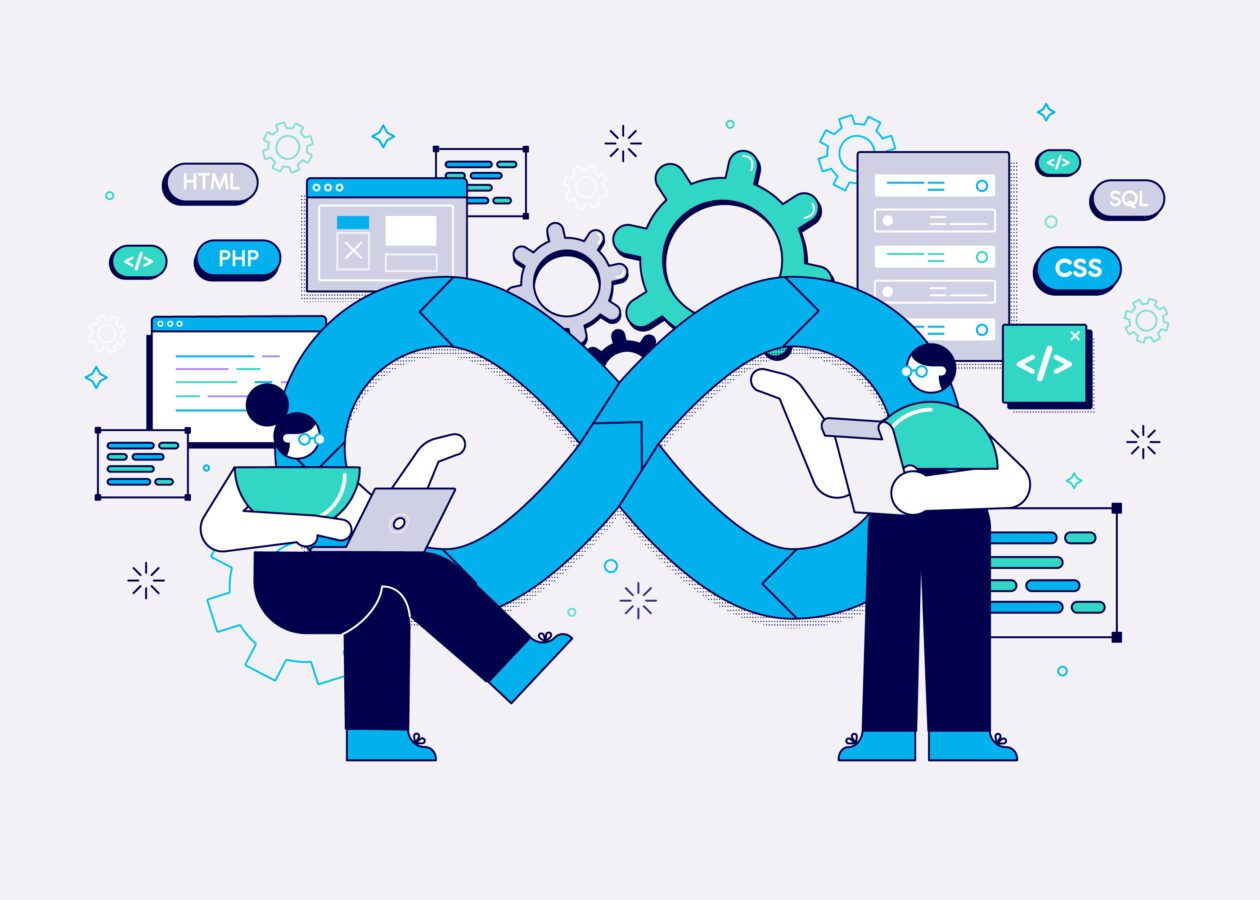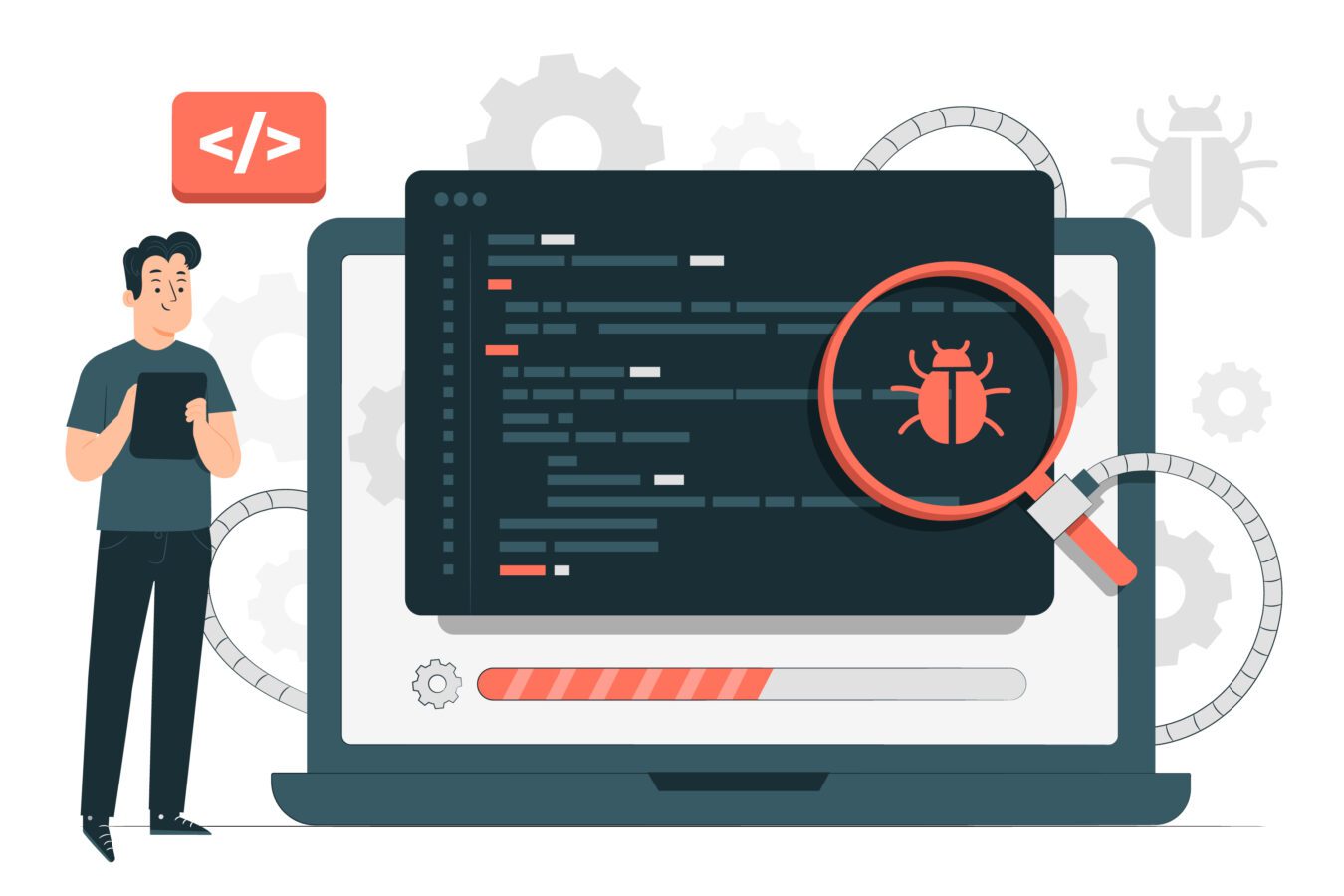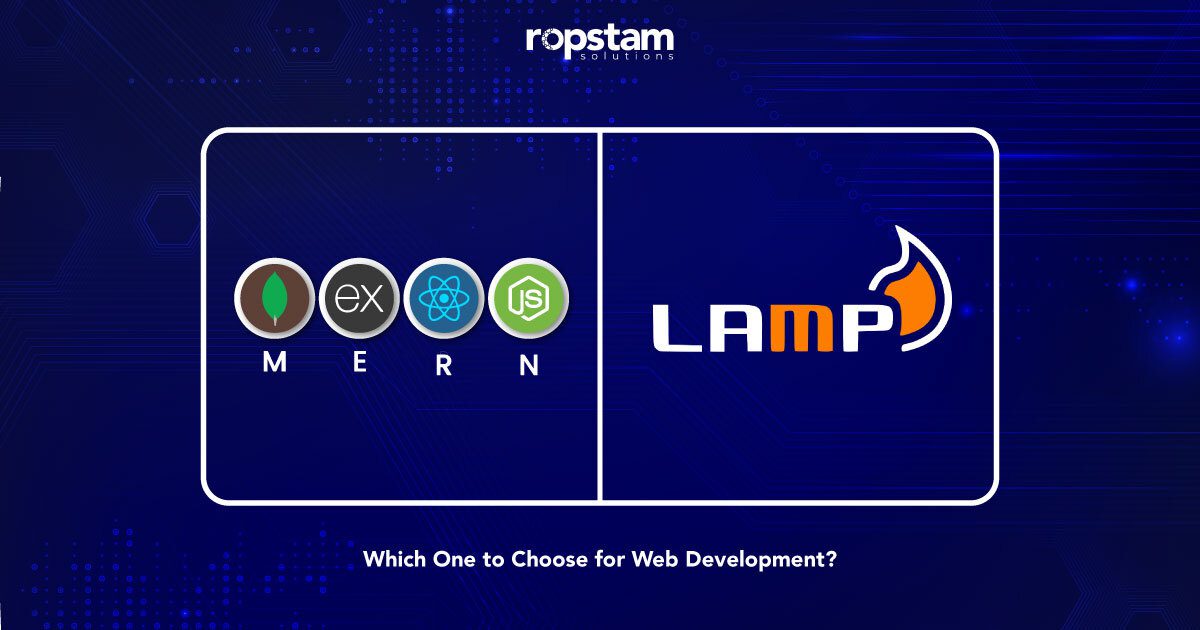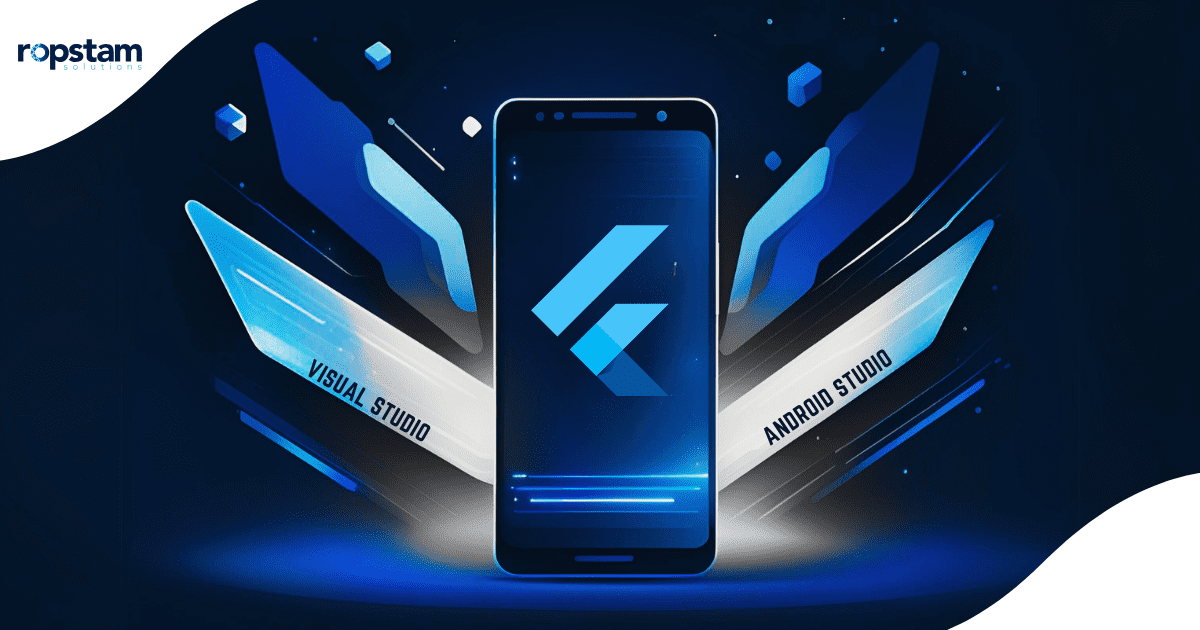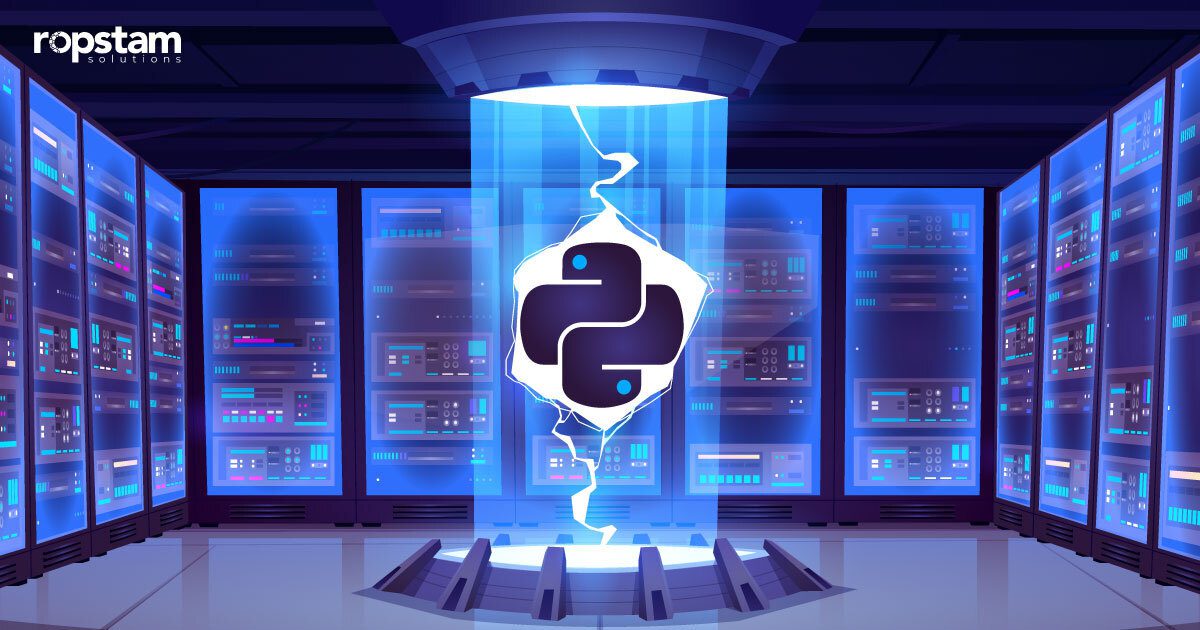The ecommerce industry has seen a rapid rise in the last few years. The option of purchasing items without visiting the store in person has convinced many customers to switch to online shopping. Thanks to easy access to smartphones and the Internet, the ecommerce industry has gained unprecedented popularity. It is estimated that by 2025, more than 20% of global retail sales will be generated by ecommerce.
This is the reason why more and more brands and shops are focusing on creating scalable and interactive ecommerce sites to attract online customers. While various front and back-end languages are popular among developers creating ecommerce sites, Python holds a prominent position. Since Python has been in the market for so long, it has a large community of developers who are always available to help.
This article explores the role of Python as an ecommerce website development language, underscoring some of the top Python libraries you must know as an ecommerce developer.
Why Python Reigns Supreme in Ecommerce Development?
Selecting the right framework and programming language is the key to developing a scalable and responsive ecommerce site. A visually attractive ecommerce store focusing on User Experience (UX) will increase sales and revenue for online businesses.
There are a host of features that make Python the leading language for ecommerce development. Some of them are underlined below:
- Scalability
- Easy to use code editors and IDEs
- Availability of a large number of open-source libraries
- User-friendly
- High-End Security
- Efficient Payment Integration
- Facile Geolocation Integration
- Community Support
10 Best Python Libraries For E-commerce
Python, in comparison to other languages such as PHP, offers a wide array of open-source libraries which provide useful functionalities to developers. Some of them are extremely useful for creating interactive ecommerce sites with payment integration. The following passage identifies the top 10 Python libraries for creating ecommerce sites.
- Oscar
- Saleor
- Shopify Python API
- WooCommerce Python API
- Shuup
- Pandas
- NumPy
- Django Google Optimize
- Waffle
- Analytics-python

1) Oscar
It is an open-source ecommerce framework that offers multiple features like customization, reliability, extensive documentation, and libraries for various payment gateways. Moreover, Oscar is also working on integrating more payment options, further enhancing the user experience.
2) Saleor
Slaeor is a powerful and versatile library designed for Python, offering a wide range of functions and utilities to simplify and streamline web scraping tasks. With its user-friendly interface and extensive documentation, Slaeor makes it easier for developers to extract data from websites efficiently. It handles complexities like handling cookies, sessions, and dynamic content rendering seamlessly.
By leveraging the functionalities of Slaeor, developers can save time and effort in crafting web crawlers and scrapers, making it an ideal choice for projects that involve data extraction from the web. Its flexibility and reliability have made it a popular choice among Python enthusiasts for web scraping tasks.
3) Shopify Python API
The Shopify Python API is a tool that enables developers to interact with the Shopify platform using Python. It offers functions and methods to perform tasks like managing products, orders, customers, and other resources on a Shopify store programmatically. This API simplifies the integration and automation of Shopify stores with Python-based applications.
4) WooCommerce Python API
It is an open-source extension that allows developers to interact with WooCommerce, a popular e-commerce platform, using Python. It provides functions and methods to perform various tasks, such as managing products, orders, customers, and other store resources programmatically. WooCommerce Python API facilitates seamless integration and automation of WooCommerce stores with Python-based applications.
5) Shuup
This open-source e-commerce platform enables businesses to create and manage online stores easily. It offers a flexible and customizable solution with a wide range of features for product management, order processing, payment options, and more. Shuup’s modular architecture allows developers to extend and integrate functionalities as needed, making it suitable for various e-commerce requirements and scalable for growing businesses.
6) Pandas
The Pandas library plays a crucial role in e-commerce site development as it provides powerful data manipulation and analysis capabilities. With Pandas, developers can efficiently handle and process large datasets, making it easier to manage inventory, analyze customer behavior, and optimize pricing strategies.
Its functionalities for data cleaning, merging, and transformation enable businesses to make data-driven decisions, enhance user experience, and improve overall efficiency in the e-commerce ecosystem.
7) NumPy
Numpy is a fundamental Python library that provides support for large, multi-dimensional arrays and matrices. It enables efficient numerical computations and data manipulation, which is essential for inventory management, sales forecasting, and customer segmentation. Numpy’s fast array processing and mathematical functions aid in optimizing pricing strategies, analyzing customer behavior patterns, and enhancing overall performance and data-driven decision-making in the e-commerce domain.
8) Django Google Optimize
This is a powerful tool for e-commerce development that allows seamless integration of Google Optimize with Django web applications. With this library, developers can easily conduct A/B tests, personalize user experiences, and optimize website content to improve conversion rates and overall performance. It enables data-driven decision-making and empowers e-commerce businesses to deliver targeted and tailored experiences to their customers for enhanced engagement and revenue growth.
9) Waffle
Waffle is a feature-flipping library that simplifies the process of rolling out new features and conducting A/B tests. It enables developers to control feature availability for different user segments, making it easy to test new functionalities without affecting the entire user base. Waffle streamlines experimentation and ensures a smoother and more reliable deployment of features, ultimately enhancing the overall user experience on e-commerce websites.
10) Analytics-python
A powerful extension, Analytics-python enables seamless integration with analytics platforms like Google Analytics. It allows developers to track and analyze user behavior, product performance, and sales data. By leveraging analytics-python, e-commerce businesses can gain valuable insights into customer preferences, identify trends, and make data-driven decisions to optimize their online stores, improve customer experience, and boost sales.
Conclusion
Python is a highly popular programing language for multiple reasons including offering ease of learning. It is extensively used in the development of ecommerce sites. The language’s wide array of open-source libraries makes the lives of developers easier by facilitating the creation of engaging ecommerce sites with payment integration. This blog covered the best Python libraries for ecommerce stores that can be leveraged to create ecommerce websites with enhanced user experience.
Ropstam Solutions offers professional Shopify development services tailored to your business needs. To discuss your project requirements or seek further information, contact us via phone (+1 (866) 631-8767) or email (info@ropstam.com). Let us assist you in enhancing your online presence and achieving your business goals.

